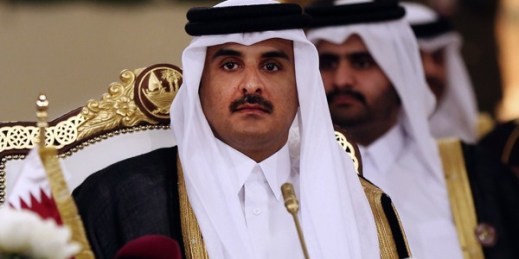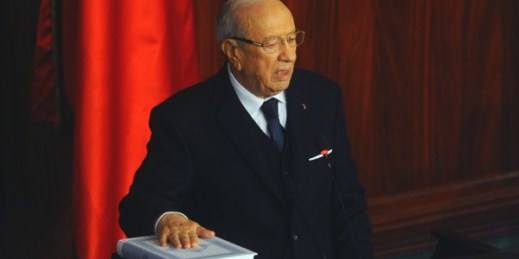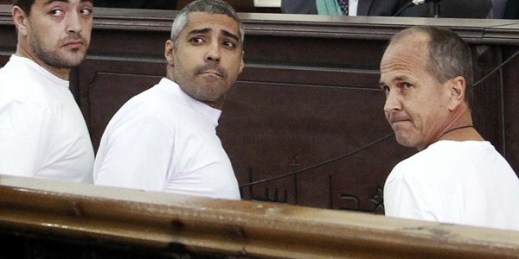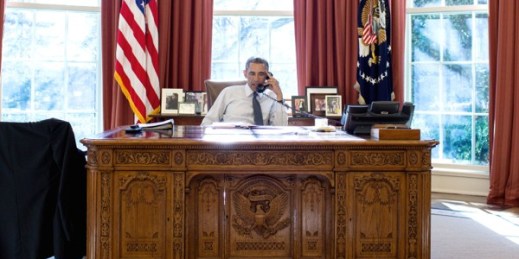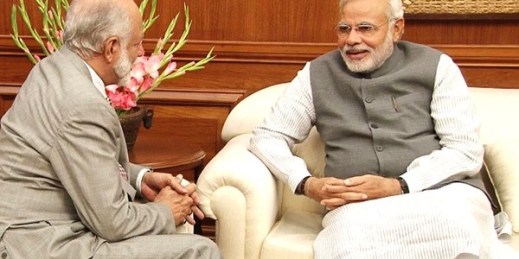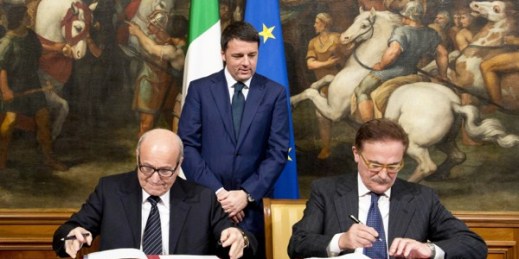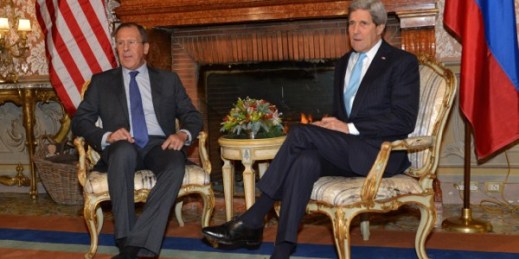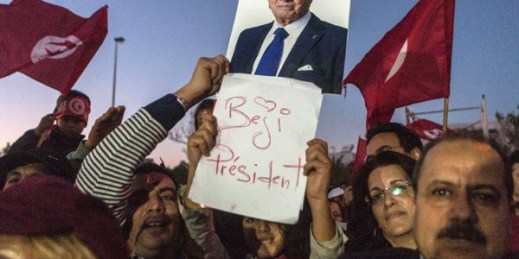
Editor’s Note: This is the second of a two-part briefing on Tunisia’s elections. Part I looked at the state of democratic transition with the rise of the Nedaa Tunis party. Part II focuses on economic issues and whether Tunisia’s progress is sustainable. Despite Tunisia’s success navigating its political transition by holding peaceful, fair elections, the challenges of keeping it sustainable remain enormous. If Tunisia’s newly elected leaders don’t deal with those challenges carefully, they could undermine the steady progress Tunisia has made over the past four years. The most alarming issue is the absence of a clear economic agenda in […]

